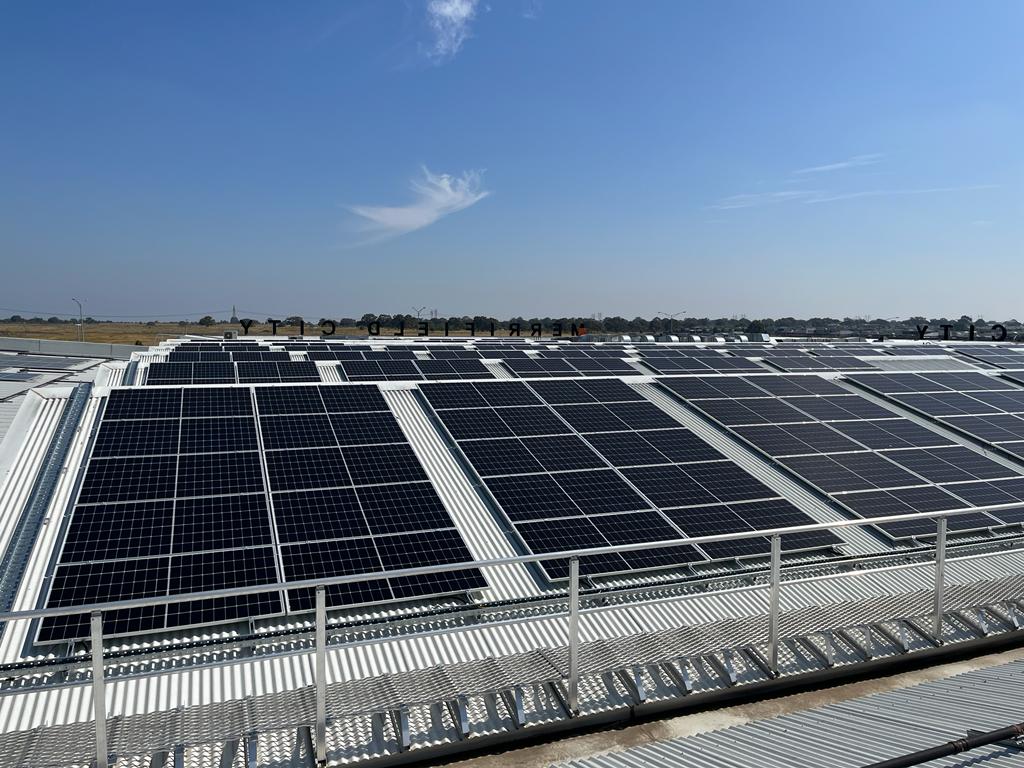How To Take Advantage of Electricity Tariffs in QLD

How To Take Advantage of Electricity Tariffs in QLD
Understanding and managing electricity tariffs in Queensland is vital for businesses looking to optimise their energy costs and streamline operations. Here, we break down the types of tariffs available, strategies to maximise savings, and the role of renewable energy in reducing overall electricity expenses.
What is an Electricity Tariff?
An electricity tariff is the pricing structure set by energy providers for the electricity you use. It determines how much a business or household pays per unit of electricity consumed, and can vary based on factors like time of use, energy source, and overall consumption.
Understanding different types of tariffs is crucial for businesses to manage costs and optimise their energy strategies effectively, and we encourage businesses to explore market offers that may provide more competitive rates.
Types of Electricity Tariffs in QLD
In Queensland, electricity tariffs for businesses fall under two main categories:
1. Standard Retail Contracts
These contracts offer rates set by the electricity retailer but must adhere to the maximum price cap or Default Market Offer established by the Australian Energy Regulator (AER) for businesses in South East Queensland (SEQ). In regional Queensland, these rates are determined by the Queensland Competition Authority (QCA). Businesses under standard contracts can expect straightforward, regulated rates but may miss out on custom pricing and potential savings available under market retail contracts.
2. Market Retail Contracts
Market retail contracts provide businesses with the flexibility to negotiate tailored rates or benefit from specific discounts and incentives offered by electricity providers. These contracts can result in cost advantages, especially for businesses with unique usage patterns or higher energy consumption.
Common Tariff Structures for Businesses
Time-of-Use Tariffs
Time-of-use tariffs offer different rates based on the time of day. Typically, peak periods—when demand is highest—have more expensive rates, while off-peak times offer lower rates. For businesses that can adjust energy-intensive activities to off-peak hours, time-of-use tariffs can significantly reduce electricity costs.
Flat Rate Tariffs
Flat rate tariffs charge a consistent rate throughout the day. This structure is suitable for businesses with steady, predictable energy usage, although it may not offer the same savings as time-of-use tariffs during off-peak periods.
Controlled Load Tariffs
Designed for high-energy appliances that operate at specific times (e.g., hot water systems), controlled load tariffs offer a reduced rate for energy used during designated periods. These are ideal for businesses that can channel certain operations to align with these off-peak times.
Strategies for Businesses to Optimise Energy Costs
- Analyse Energy Consumption
Analyse your business’s energy usage to identify peak consumption times. This assessment can inform the selection of a tariff that aligns with your operational hours. - Shift Energy-Intensive Operations
If feasible, schedule high-energy activities during off-peak periods to take advantage of lower rates under time-of-use tariffs. - Choose the Right Tariff Structure
Select a tariff that aligns with your business’s operational schedule. Businesses running primarily during off-peak hours can benefit from time-of-use tariffs, whereas those with consistent energy needs might find flat rates more practical. - Invest in Energy Efficiency
Upgrade to energy-efficient appliances, implement smart energy management systems, and make infrastructure improvements to reduce overall consumption and save on energy costs. - Adopt Renewable Energy Solutions
Solar power is an excellent option for businesses in Queensland, where sunlight is abundant. By installing a solar system, businesses can offset their grid electricity usage and potentially earn credits through feed-in tariffs for excess energy exported to the grid. The Clean Energy Regulator’s Small-scale Renewable Energy Scheme (SRES) provides incentives for businesses that install eligible photovoltaic (PV) systems, and other renewable energy technologies.
Implement Battery Storage Solutions
Battery storage can store excess solar energy generated during the day for later use, particularly during peak tariff hours or high-demand times. This strategy helps lower peak demand, reducing both grid dependency and demand tariff costs. Moreover, battery storage is eligible for the Small-scale Renewable Energy Scheme (SRES), offering further financial incentives.
Understanding the Small-scale Renewable Energy Scheme (SRES)
The SRES is designed to encourage the adoption of renewable energy by offering financial incentives for businesses that install approved systems, such as solar PV panels. By generating Small-scale Technology Certificates (STCs), businesses can offset the upfront cost of installation or receive a discount on their purchase. To participate, businesses must ensure their system is on the approved register and meets all installation and compliance requirements.
The Role of Solar Energy in Managing Electricity Tariffs
Solar energy not only reduces grid dependency but also supports businesses in managing rising energy costs and achieving sustainability goals. Implementing solar power can lower peak demand charges, enhance self-sufficiency, and contribute to better control over energy expenses. With expert guidance from a solar provider like DS Energy, businesses can design and install systems that align with their energy needs and budget.
Getting Started with Electricity Tariffs in QLD and Solar Integration
Managing electricity tariffs in QLD involves understanding the available structures and finding the right fit for your business. By choosing the appropriate tariff, monitoring energy consumption, and considering renewable energy solutions like solar power, businesses in Queensland, especially in SEQ, can make significant strides in reducing operational costs and promoting sustainability.
If your business is exploring ways to reduce energy costs through electricity tariffs, a tailored solar solution can offer even more value. DS Energy can assist in selecting the optimal solar setup, managing demand loads, and maximising tariff advantages. Our expertise in solar energy for commercial clients enables us to provide a comprehensive solution that is both sustainable and cost-effective.
To learn more about our solar solutions for businesses in Queensland, tariffs or any other solar related query, we invite you to explore our commercial solar projects or news or get in touch with DS Energy today. We can work together to help your business take full advantage of electricity tariffs in QLD for a brighter, more sustainable future.